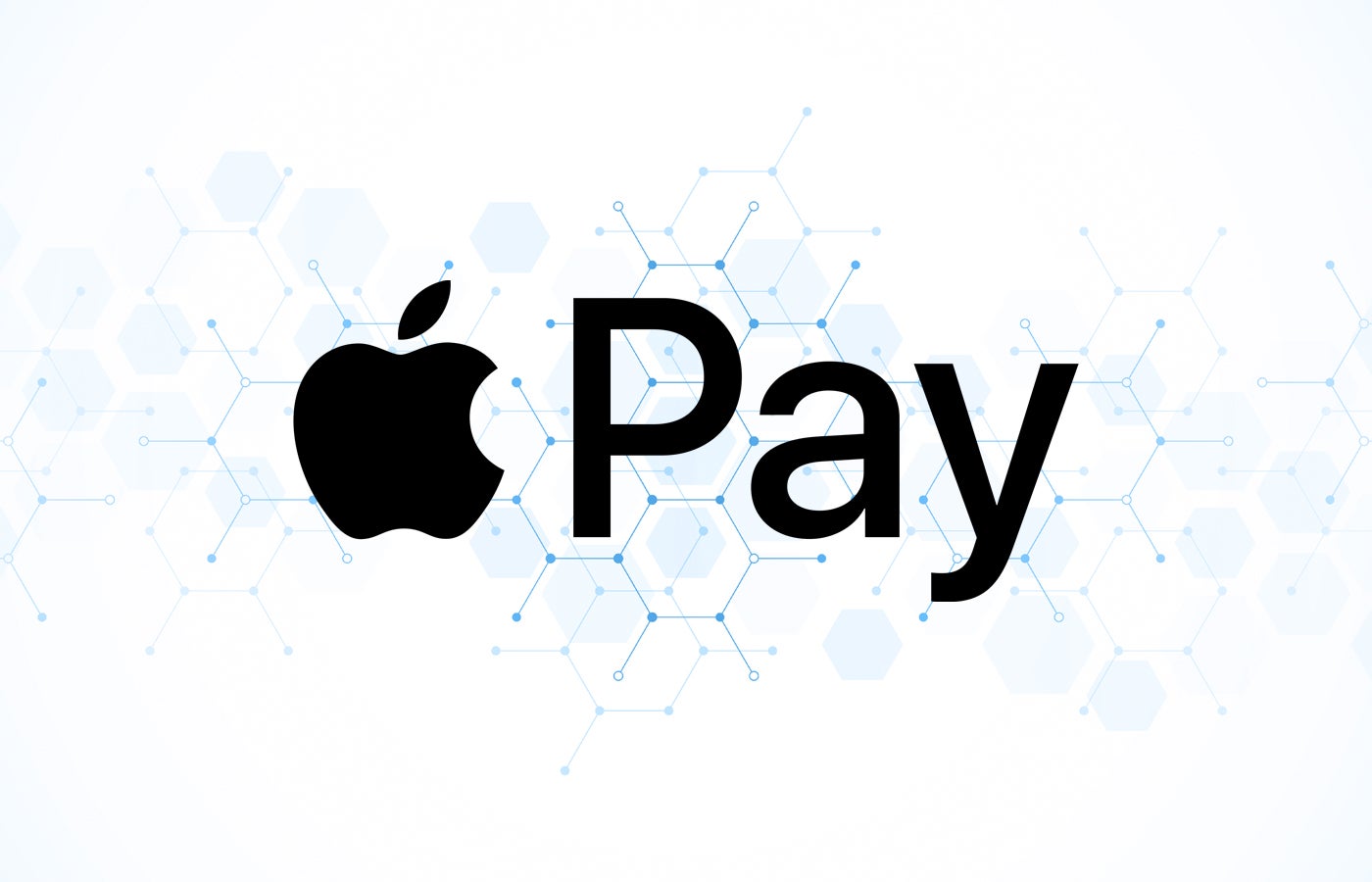A Step-By-Step Guide for 2024

As mobile payments continue to grow, Apple Pay is a game-changer for your small business. Customers appreciate the speed, security, and convenience of paying with their iPhones, Apple Watches, or other Apple devices.
These benefits also extend to small businesses. Entities that accept Apple Pay can streamline the checkout process and reduce wait times. As a result, you stand to greatly increase revenue and spawn happier customers in the long term.
Let’s run through how Apple Pay can level up your small business.
What is Apple Pay?
Apple Pay is a digital wallet and mobile payment platform created by the world-famous Apple Incorporated. It allows users to make payments in person, in iOS apps, and over the Internet. It’s more secure and convenient than traditional payment methods like cash and physical credit cards.
The app is considered a very flexible way to pay. That’s because a person can link various payment methods to their app. For example, multiple credit cards and associated reward points are housed under one roof on the platform. However, you’ll still receive a single, traditional payment as a merchant, regardless of how a customer configures Apple Pay.
Accepting payment is a snap. Customers place their iPhone or Apple Watch near a contactless payment terminal or another Apple device to complete a transaction. No swiping, inserting, or fumbling with zip codes required.
Why your business should accept Apple Pay
There aren’t really any downsides to accepting Apple Pay. In fact, most businesses already do accept these payments. Here’s why:
Speedy convenience
Apple Pay transactions are fast, allowing customers to make payments with a quick tap. This unencumbered flow reduces checkout times and improves the overall shopping experience. It’s a crucial improvement in industries like retail, food service, and hospitality, where speedy service and impulse buys are the norm.
Enhanced security
Apple Pay uses tokenization and encryption to secure transactions. Plus, Apple pledges to minimize how much data is retained about clients’ spending. What’s more, biometric authentication like Face ID prevents thieves from using someone else’s account. These security measures grant a sense of safety to customers and businesses.
Contactless payment
Apple Pay offers a hygienic, touch-free option. Customers don’t have to grab a stylus for a signature. Nor do they have to smash germ-laden keypads. This eye for cleanliness is a boon in the post-COVID-19 pandemic world.
Competitive advantage
Apple markets the platform as a universally accepted payment scheme. This friction-free idea means people aspire to use the app for every transaction. By accepting Apple Pay, you’re serving people what they want regarding purchases. This open-mindedness can be a competitive advantage, especially in close-quarter venues like swap meets and food truck gatherings.
Step-by-Step: How to accept Apple Pay
Accepting Apple Pay at your small business is easier than you might think. Here’s the general outline of how to get started.
Upgrade your payment terminal
Supporting Apple Pay mandates a payment terminal with near-field communication (NFC) capability. This technology is the bread and butter of contactless transactions. In this case, it lets Apple devices communicate wirelessly with your equipment.
Most newer terminals from Square, PayPal, Clover, and others come with NFC functionality built-in. But if you’re using older equipment, you’ll need to upgrade. Modern options cost around $300 or less upfront. Alternatively, you can use an iPhone to collect payments.
Related: How Does Tap to Pay Work?
Enable contactless payments
Once you’ve nailed down the proper hardware, you’ll need to verify your POS system is set up for contactless payments like Apple Pay. The process varies depending on the provider. It’s typically as simple as turning on NFC functionality within your equipment’s settings.
Related: Best Cloud POS Systems
Test the Apple Pay setup
Before you begin accepting Apple Pay from customers, it’s essential to test the system to ensure everything works properly.
Perform a few test transactions using an iPhone or Apple Watch. Bump your Apple device against the terminal to confirm it works. You can charge a nominal amount — just a few pennies — and always issue a refund afterward.
Train employees
If applicable, train your workforce in everything Apple Pay-related. Remember that convenience and speed make the platform appealing. And a frictionless way to collect customers’ cash is a top benefit for you. So, you’ll need an informed staff to quickly resolve snags and keep things flowing smoothly.
Promote Apple Pay
Once you’re ready to accept Apple Pay, it’s time to let your customers know. The Silicon Valley-based company provides free decals and digital materials to spread the word at your point-of-sale. You can also mention it on your website, signage, and advertisements.
FAQs
How much does it cost to accept Apple Pay?
The cost of accepting Apple Pay depends on your payment processor. The app doesn’t typically incur additional fees beyond standard credit card processing levies, usually around 2 to 3% of each transaction. If you need to upgrade your payment terminal to accept NFC payments, there may be an upfront cost for the hardware.
Is Apple Pay secure?
Yes, Apple Pay is highly secure. It uses encryption and tokenization to protect customers’ payment information. Instead of sharing actual credit or debit card details, Apple Pay generates a unique token for each transaction, reducing the risk of fraud. Additionally, customers must authenticate payments using Face ID, Touch ID, or a passcode, ensuring that only authorized users can make purchases.
Do I need a special terminal to accept Apple Pay?
Yes, you need a payment terminal that supports NFC technology to accept Apple Pay. Most modern POS systems and even iPhones include this feature, but you’ll need to purchase a compatible terminal if yours doesn’t.
How do I know if my terminal accepts Apple Pay?
If your payment terminal has the contactless payment symbol (four curved lines) displayed on it, it supports NFC technology and can accept Apple Pay. If you’re unsure, contact your payment processor to confirm.
Can I accept Apple Pay for online sales?
Yes, Apple Pay can be used for online transactions as well. If you have an eCommerce website, you can integrate Apple Pay as a payment option at checkout, providing a seamless experience for your customers.
What types of businesses can accept Apple Pay?
Any business that takes card payments and has an NFC-enabled payment terminal or compatible iPhone can accept Apple Pay.
This article was reviewed by our staff retail expert, Meaghan Brophy.
Source link





